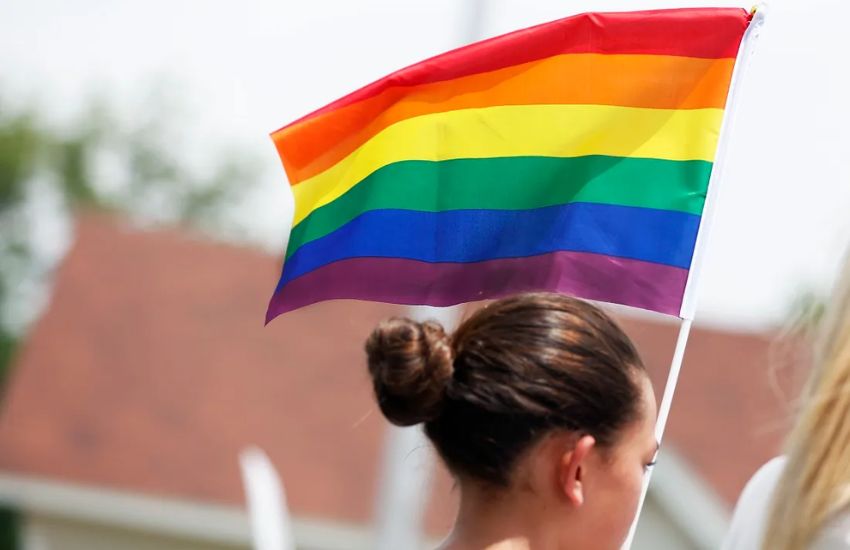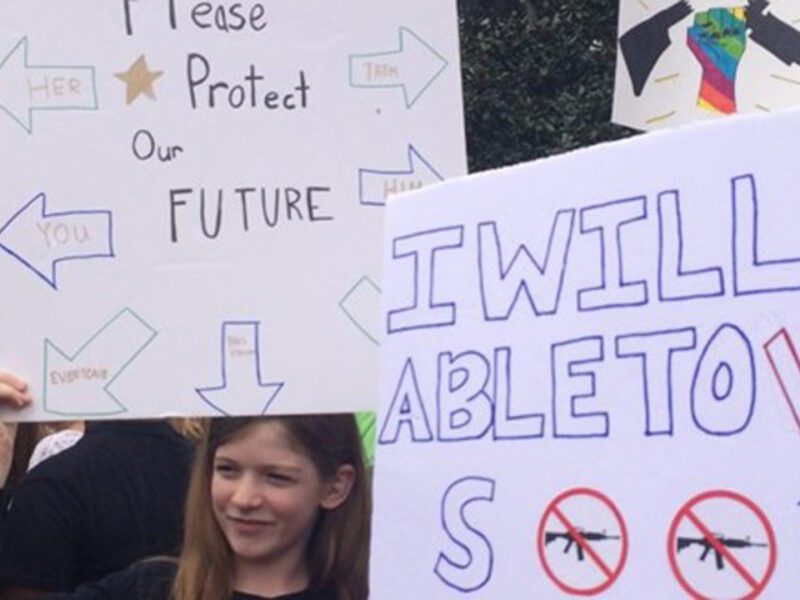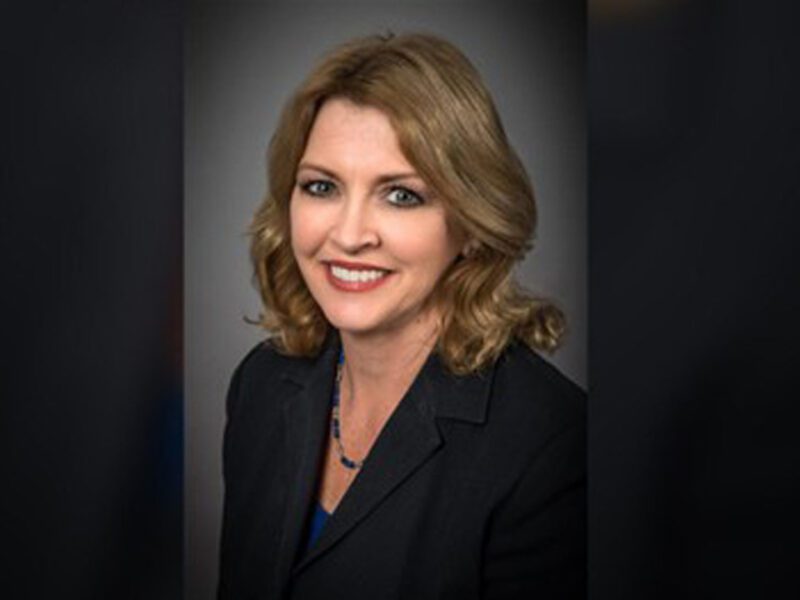10 Florida school districts revising or dropping their LGBTQ support guides, policies
Tallahassee Democrat | By Ryan Dailey, News Service of Florida | December 15, 2022
TALLAHASSEE — Ten school districts whose LGBTQ support guides and other policies were called into question by the state Board of Education are in various stages of revising the documents, or in some cases have dropped the disputed guides, according to responses the board discussed Wednesday.
State officials are scrutinizing the districts’ guides to ensure that they comply with a 2021 law known as the “Parents’ Bill of Rights,” which deals with what families are entitled to know about their children’s education and health care.
The review of the guides also addresses a state Board of Education rule guiding bathroom and locker-room access as well as a controversial new law formally titled “Parental Rights in Education.”
The law, passed by the Legislature this year, requires that parents be notified of any “change in the student’s services or monitoring related to the student’s mental, emotional, or physical health or well-being and the school’s ability to provide a safe and supportive learning environment” for the student.
Critics of the law have focused on a provision in the law that prohibits classroom instruction about sexual orientation and gender identity for early grades, disparagingly dubbing it the “don’t say gay” measure.
Jacob Oliva, a senior chancellor with the state Department of Education, wrote to the districts in November raising concerns about a range of issues that he said may not comply with the laws and the regulation. Oliva’s action came three months after Education state Education Commissioner Manny Diaz authorized a statewide review of school districts’ guides.
What types of changes are being made by school districts?
During a conference call held by the Board of Education Wednesday, Oliva gave members an update on changes being made by the districts.
“We sent 10 school districts a letter where we identified language from the policies and the documents and procedures that we received, kind of highlighting some of this language saying, ‘you may want to consider reviewing your current district policies … to just make sure that they are up to date and in accordance’” with state law and state board rules, Oliva said.
Leon County school officials, for example, are in the process of revising guidelines called the “Inclusive School Guide for LCS Employees,” and are poised to adopt new procedures related to issues such as transgender students’ participation in sports.
‘Gender identity’ and sports
Oliva questioned the Leon County district’s reliance on part of the Florida High School Athletic Association’s bylaws related to “gender identity participation” in sports.
“All eligible students should have the opportunity to participate in interscholastic athletics in a manner that is consistent with their gender identity and expression, irrespective of the gender listed on a student’s birth certificate and/or records,” the FHSAA policy said.
The district now is proposing to drop the FHSAA policy from the guide and adopt language from a state law known as the “Fairness in Women’s Sports Act,” which requires that athletic “teams or sports designated for females, women, or girls may not be open to students of the male sex.”
The Leon County school board will consider the changes on Jan. 24, according to a letter school district attorney William Spillias sent to state education officials in response to questions from Oliva.
Balancing act: Parental Bill of Rights and student privacy
Leon County Superintendent of Schools Rocky Hanna briefly addressed the state board during its conference call Wednesday.
“We are trying our best to work with you all to get guidance on how we can ensure that we are abiding by the Parental Bill of Rights while also abiding by student privacy rights,” Hanna said.
The state’s probe into the guides has drawn criticism from LGBTQ-advocacy organization Equality Florida, which expressed support for school districts that are trying to comply with the Board of Education’s directives.
“The majority of school districts questioned by the State Board of Education about their LGBTQ guidelines are deeply focused on finding solutions. These school districts are working hard to follow local, state, and federal laws, while simultaneously ensuring that our LGBTQ students are protected and that their families are respected,” the organization said in a prepared statement following Wednesday’s board meeting.
The LGBTQ guidelines “are an important tool to help provide clarity and transparency to faculty, staff, students, and their families around their district’s procedures,” the statement said. “Parents of LGBTQ youth deserve to know that when their child goes to school they will be treated with dignity and respect, and that they are safe from harassment and violence.”
Are districts complying with laws about discrimination against students?
The state board also appeared to examine whether districts are complying with Florida laws about discrimination against students, which was the focus of a new law also passed by lawmakers this year. The law restricted how race-related issues can be taught in classrooms and work-place training.
Oliva in November flagged an Indian River County school district “racial equity” policy that, in part, “confronts the institutional racism that results in predictably lower academic achievement for students of color than for their white peers.”
Oliva’s inquiry prompted school leaders to propose changes to address his concerns.
“The (Indian River) Board acknowledges that complex societal and historical factors contribute to inequities within school districts. The Board must provide ALL students with the support and opportunity to succeed,” a proposed revision discussed by the state board on Wednesday said.
Schools in Broward County have already dropped an LGBTQ support guide that was challenged by state officials.
Broward County Superintendent of Schools Vickie Cartwright on Dec. 9 informed the state board that the district discontinued use of the support guide at the end of the last school year.
The state board last month called attention to several parts of the guide, including a portion that gave advice on situations in which students are “coming out” to school personnel.
“Talking to parents/Guardians … it is never appropriate to divulge the sexual orientation of a student to a parent without the student’s consent,” the discarded policy said.
In her response to Oliva, Cartwright wrote that the district expects to complete revisions to its policies and procedures by March 31.
As modifications are underway in various school districts, state board Chairman Tom Grady reminded participants in Wednesday’s conference call that the “Parental Rights in Education” law allows parents to launch legal challenges against school districts that violate the law.
“It seems clear to me that not only Broward but the other districts have a pretty significant incentive to move as quickly as possible, and certainly prior to March 31, in order to revise those procedures to avoid that type of a challenge,” Grady said.






